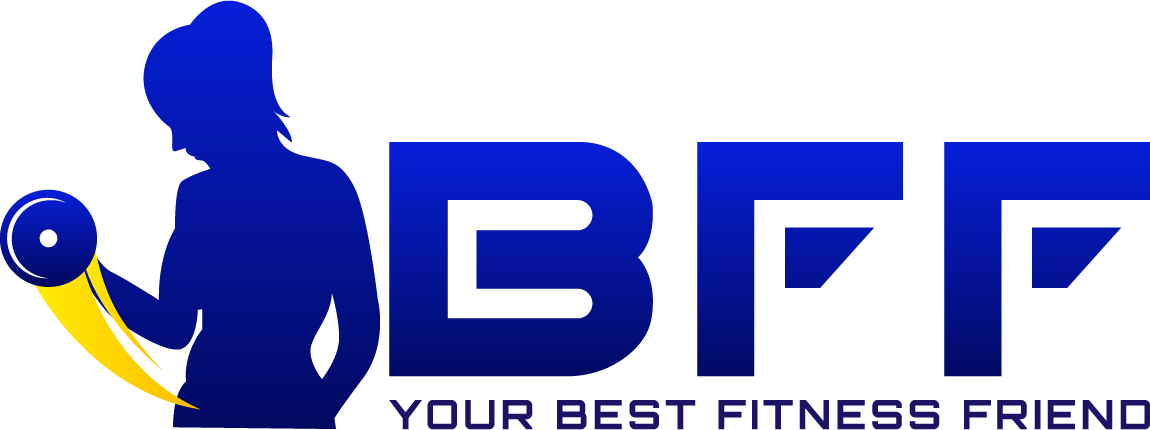I am so glad you are back! I want to help you discover ways to make healthy eating an easier choice. It is a commonly tossed around notion that your diet (what you eat on a regular basis) contributes 80% to your level of health and exercise the other 20%. So, when working with clients, I try to start with their food plan. Please understand, I am not a certified dietician and I only share ideas of how to improve the habits one employs in adopting a healthier food plan. Paramount to the entire process of becoming healthy is the issue of PLANNING. This, by itself, can be the biggest change a person makes. Our lives are busy, chaotic, messy, full, spontaneous, and often include times that are UNPLANNED. So the saying goes -“Life Happens”- right?! This is why planning is so important. It includes what, when, how, and even where, we eat.
Let’s take a look at how a good PLAN makes perfect sense:
Prepared-Planning will help you be prepared for the unexpected. I tell clients to stash a bag of nuts or a protein bar everywhere they can think of-the glove box, purse, gym bag, desk drawer. I also suggest that they spend an hour each week planning out what they will eat each day, including snacks. Knowing ahead of time is half the battle-the other is sticking to it. I suggest that they spend another hour prepping some of the food, such as packing baggies of snacks, chopping veggies for the recipes planned for the week, and other time consuming or not so fun tasks. You cannot predict every scenario, but being prepared will help you deal with more of those situations with confidence.
Learn-Planning will help you learn to listen to your body. When you develop the habit of planning and preparing ahead for your meals and food choices, you will begin to recognize your body’s responses to hunger, satiation, thirst, and fatigue. Some conditions such as sleepiness or a headache are often misunderstood and our response is to eat. Eventually we learn to respond appropriately and not always with food. A headache can be caused by dehydration and drowsiness could result from eating too many simple carbs. If you have a well-planned schedule of what and when you eat, it is easier to decipher the body’s cues.
Avoid-Planning ahead helps us avoid bad choices. I encourage my clients to not only plan for their regular meals (at home and work) but also for when they eat out. This is one of the toughest situations to respond to appropriately because of all the contributing factors; such as, limited choices or peer-pressure. I often spend time going over the menus of restaurants my clients may frequent or have plans to visit. We talk about the best types of choices and sometimes even pick out the particular choices they should stick with. Knowing ahead eliminates the last minute weakness when ordering; and, no one else has to know it was pre-planned. Planning ahead for eating out helps you avoid the stress of making the choice under pressure and increases your confidence in your choices.
Neutralize-Planning the details of your food plan and eating habits helps neutralize the factors that could negatively influence your choices. Things like where, when, how much, and how often should be part of your plan. For instance, it is better to eat sitting down and not in front of the television. Eating becomes mindless when we have that TV as a distraction. Sitting will slow us down, which helps us gauge how much to eat, and to recognize when we are full. Planning when, how much and how often we eat helps us create a steady level of fuel for our body and eliminates inappropriate choices or amounts.
So, now I hope you can see how important it is for you to have a PLAN. It may not be a perfect plan and you may not always be able to stick to it, but having one will help you have more confidence yourself and the choices you are making.
Next time I will share the ‘Commandments of Healthy Eating’. Until then, plan ahead and enjoy eating well!
Your Best Fitness Friend


Recent Comments